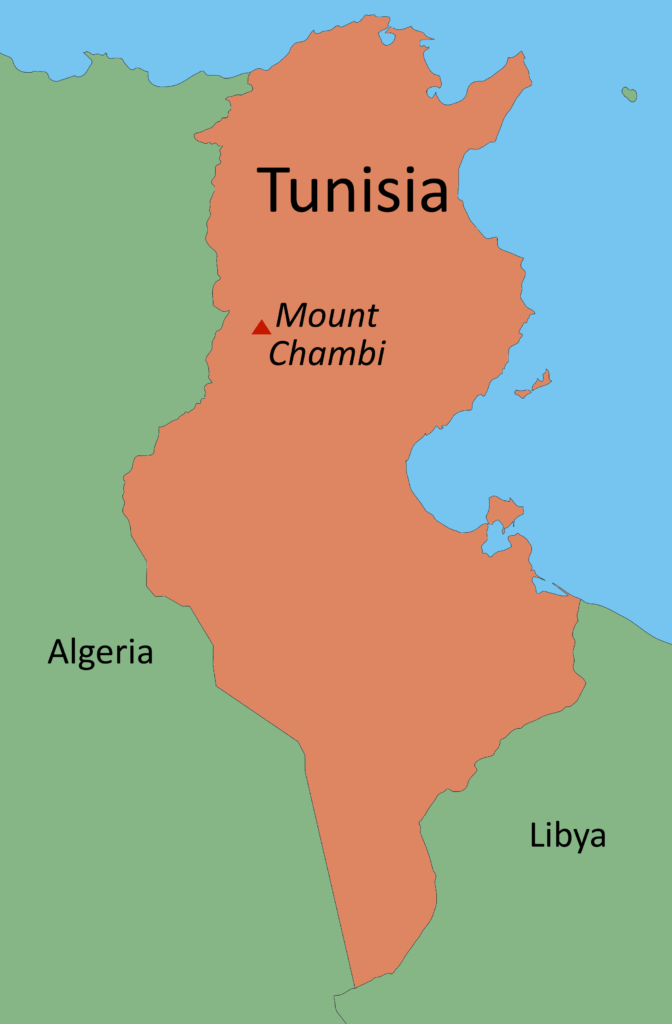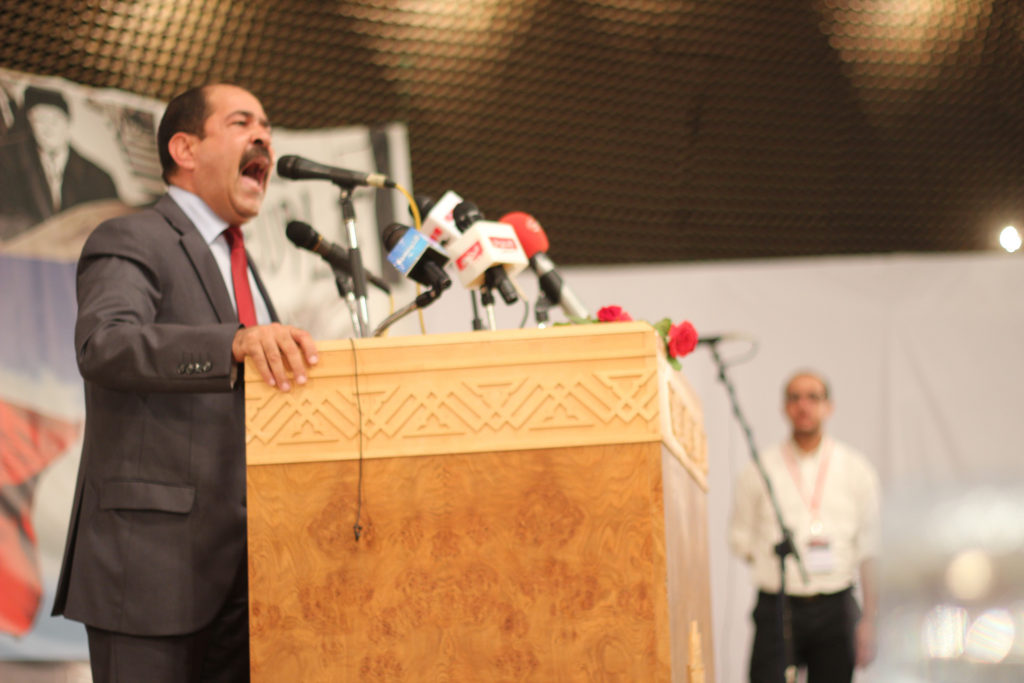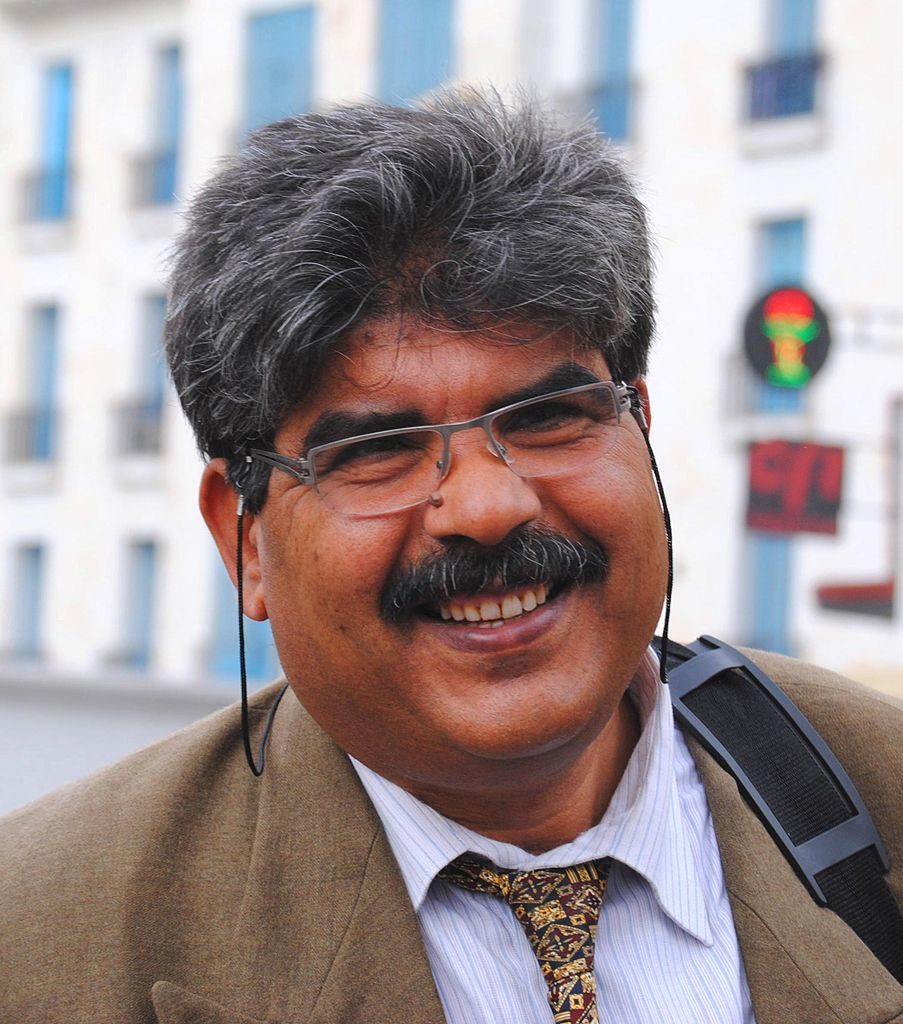Tunisia: Ansar al-Sharia
While Tunisia’s political parties quarrel internally and with each other, extremists take control of the country’s destiny.
By Anne Wolf
Three years ago Tunisians famously took to the streets demanding “jobs, dignity and freedom”, in the first of a wave of popular uprisings in the region that would become known as the Arab spring. Very little of the enthusiasm and optimism that characterised that period remains as the population continues to suffer from economic hardship and political limbo. But many Tunisians are now unsettled by a new threat: the emergence of extremist groups with possible links to al-Qaeda.
The West has often held up Tunisia as a model for democratic transition and Islamic moderation in the region. But murderous violence has taken centre-stage in Tunisian politics after the assassinations of two political opposition leaders within five months of each other in 2013. After the wave of anti-government protests that followed the second killing, Nahda, the Islamist party that leads the ruling coalition, eventually agreed in October to all-party talks meant to create a technocratic government.

It is unclear if this agreement will hold, particularly since a wave of violence allegedly committed by extremists has swept the countrysince the day the talks began—October 23rd, 2013, the second anniversary of Tunisia’s first post-revolution elections. On the very same day,a clash between national guardsmen and an armed terrorist group in the central city of Sidi Bouzid left six national guardsmen and a police official dead. That same night, a police officer was killed in an attack in Menzel Bourguiba in the extreme north. Three days later, masked gunmen attacked a national guards border post in Ghardimaou, a town near the Algerian border,although no injuries were reported.
The Nahda-led government has laid the blame at the door of one extremist group: Ansar al-Sharia, whose Tunisian leader is Seifallah Ben Hassine (also known as Abou Iyad), a former combatant in Afghanistan. Ansar al-Sharia initially focused its activities in Tunisia on charitable work and the preaching of Islam, and waged jihad abroad, particularly in Syria.
Some claim the September 2012 protest outside the American embassy in Tunis, the nation’s capital, marked a turning point in modern Tunisian history. Has the country, long hailed as a model of Islamic moderation, become a stage for jihadist action?
What began as a protest—allegedly against an American film mocking the Prophet Mohamed—turned quickly into something much uglier: the assembled crowd overran security and ransacked the embassy and a nearby American school. At least four people were killed. After the bloody incident at the embassy, a government spokesman said police were hunting Mr Ben Hassine to interrogate him about the incident. Ansar al-Sharia had helped to organise the demonstration and many of its members, including Mr Ben Hassine, were seen there. Secularists and opposition politicians called for Ansar al-Sharia to be declared a terrorist organisation. (Mr Ben Hassine has not been found.)

But it was on February 6th 2013 that the extremist threat penetrated the heart of the domestic political scene. On that day, Chokri Belaid, opposition leader with the left-secular Democratic Patriots Movement, was shot dead outside his home in El Menzah, close to Tunis. Mr Belaid had been a fervent critic of the Zine el-Abidine Ben Ali regime leading up to the revolution in 2011, and had pulled no punches either in his criticism of the Nahda-led Islamist coalition that took over.
Facing a groundswell of anti-government sentiment after the killing of this popular figure, Tunisian Prime Minister Hamadi Jebali promised to dissolve the existing national government and form a provisional government of national unity. However, the party rejected his plan. Mr Jebali chose to resign and Ali Laarayedh replaced him as prime minister.
Five months later on July 25th, Muhammad Brahmi, leader of the leftist People’s Party, was killed in similar circumstances—shot dead outside his house in a Tunis suburb. During Mr Brahmi’s funeral on the streets of Tunis, people chanted anti-government slogans and blamed the government for the assassination.
The government strongly denied involvement. In a televised address, Mr Laarayedh said that the crime was “aimed at pushing us into the unknown, whether it is chaos, fighting, civil war, or the return of tyranny”. At a news briefing days after the second assassination, Interior Minister Lotfi Ben Jeddou said that tests showed that the same gun had been used to kill both men.
On August 27th Mr Laarayedh finally declared Ansar al-Sharia a terrorist organisation. At a news briefing that day, Mr Laarayedh said the gun that killed Messrs Belaid and Brahmi, confiscated in a raid on a Tunis neighbourhood, was “proof that the Ansar group is responsible” for the assassinations. He also maintained that Ansar al-Sharia is linked to al-Qaeda, but did not provide evidence.
In addition to the assassinations, the government linked Ansar al-Sharia to a number of other attacks including: the violence at Chambi mountain outside Kasserine, near the Algerian border, where last July eight Tunisian soldiers were shot in an ambush and their throats slit; the bombing that same month of a national guard’s car in La Goulette port east of Tunis; as well as ongoing attacks on security forces. Last October militants killed two police officers in Goubellat, west of Tunis; and Islamist gunmen allegedly attacked a police station in Ghar Dimaou in Tunisia’s north-west.

“Every person belonging to [Ansar al-Sharia] must assume full responsibility for belonging to a terrorist organisation,” Mr Laarayedh said.
The prime minister’s announcement came after increasing pressure from the political opposition, which blames Nahda for the emergence of radical Islam in the country.Observers speculated that Mr Laarayedh delayed his declaration for a month because he was hesitant to offend the more militant members of the Nahda coalition, who are close to the puritanical Salafists.
While some militants within Nahda’s leadership defend the classification of Ansar al-Sharia as a terrorist group, others criticise the decision. “There are members inside Ansar al-Sharia that are terrorists,” admitted Habib Ellouze, a senior Nahda member and a deputy in the constituent assembly. “The best way to avoid the evil of this movement is to employ several approaches, including discussions and attempts at directing them towards dawa (the proselytising of Islam). Closing all doors…and fighting these people only through the security option is exactly what [deposed dictator] Ben Ali did to us,” Mr Ellouze said.
Mr Ellouze’s stance is in line with Tunisia’s Salafist Reform Front party, which has been very critical of Nahda’s position. Its president, Mohammed Khouja, called the prime minister’s declaration “irresponsible”, during an interview with Africa in Fact.“You have to judge every person individually by his or her actions,” Mr Khouja said to explain his disagreement with the group’s classification.
Many of Nahda’s young activists, who are ideologically close to the Salafists, support Mr Khouja’s position. They believe that Mr Laarayedh’s confrontational approach could alienate many conservative Muslims and exacerbate the current situation.
Nahda’s internal divisions are impeding the creation of a coherent and effective strategy to stem the rise of jihadist Islam within Tunisia. The deep divisions and mutual mistrust between the moderate Islamists and their various political opponents make it even more difficult to find a solution to Tunisia’s jihadist threat.
Some opposition figures maintain that elements within the government are behind the assassinations. Lazhar Akremi, a founding member of Tunisia’s largest opposition party, Nida Tounes(Tunisian Call), claimed that foreign intelligence services had provided him with information last September about a plan to assassinate Beji Caid Sebsi, the party’shead and a former prime minister. This crime “will later be attributed to jihad Salafists”, Mr Akremi said, suggesting that elements within the government were behind the planned assassinations and had used the extremists as a convenient way of diverting attention from their own culpability.
Other opposition members leaked information last September that showed that interior ministry officials knew about the plan to kill Mr Brahmi 11 days before his assassination last July. The Nahda-led government does not deny this information but insists that the information was withheld from the interior minister, possibly by remnants of the former regime still working in the ministry.
Other opposition voices, most notably the Chokri Belaid Defence Committee, have also accused Nahda of direct involvement in the assassinations. Taieb Laaghili, committee spokesman, claimed that government security officials had informed him that Nahda was linked to the assassinations, but had refused to disclose their names. The committee, however, failed to present credible evidence for such allegations.
As the quarrels and counter accusations continue, it becomes increasingly difficult to separate rumours and allegations from fact. In the end, only those who seek to destabilise Tunisia are profiting from this confusion. But if Nahda and its various political opponents are sincere about combating religiously-motivated violence, they will have to work together.
It is unclear if Tunisia’s many political parties will implement the roadmap that will lead to a caretaker cabinet, finalising of the constitution, revision of an electoral commission and presidential and parliamentary elections in 2014. Without this cooperation, it could be impossible to resolve the most severe challenge to Tunisia’s revolution: the emergence of radical Islam.
[author] [author_image timthumb=’on’][/author_image] [author_info]Anne Wolf is the editorial assistant at the Journal of North African Studies and an associate at the Centre for the Study of the International Relations of the Middle East and North Africa. Her stories have appeared in The Guardian, The National and Middle East Online.[/author_info] [/author]


